
Agriculture
September 11, 2024
SoilDoc
Read SolutionImplemented by
Earth Institute at Columbia University with Alliance for a Green Revolution in Africa (AGRA)
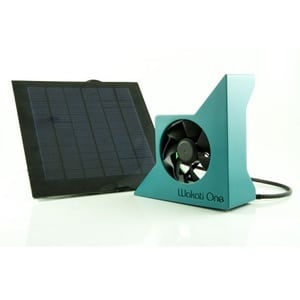
Updated on August 19, 2024
·Created on August 27, 2015
Wakati is a solar-powered cooler for fruits and vegetables.
Wakati One is a preservation technique for fruits and vegetables in developing countries. Keeping the quality of the crops is essential for expanding both the local market and the highly profitable export market, both drive local economies. With 45% of the crops that end up as waste (UN FAO) there is a lot of room to increase productivity, especially in countries like Kenya and Tanzania. Interview with inventor
Target SDGs
SDG 2: Zero Hunger
SDG 8: Decent Work and Economic Growth
Market Suggested Retail Price
$100.00
Target Users (Target Impact Group)
Household, Community, Small and Medium-sized Enterprises, NGOs
Distributors / Implementing Organizations
Cordaid
Competitive Landscape
Direct competitors include Purdue Improved Cowpea Storage (PICS) Bags.
Regions
Africa
Countries
Ethiopia, India, Indonesia, Tanzania, Uganda
Manufacturing/Building Method
Prototyped using Fused Deposition Modeling process with stereolithography. A final master was created for a silicone mould. Vacuum casting was used to create a run of 120 units.
Intellectural Property Type
Patent
User Provision Model
Wakati is currently in pre-production. The organization aimed to start production after the summer of 2015. Distributors are NGOs, social enterprises and agricultural wholesales Interview with inventor. As of 2020, interested parties can become ambassadors and purchase the product.
Distributions to Date Status
At least 150 units have been sold.
Storage capacity (L)
Unknown
Time to cool (hr)
Unknown
Cooling retention (hr)
192 hrs
Temperature control
No
Minimum internal temperature (°C)
Unknown
Materials of construction
Tarp, photovoltaic solar-powered fan and water tray evaporator
Protection from insect entry
Yes
Refrigeration cycle catalyst
Water
Design Specifications
The Wakati consists of a tent-like structure with a 10-watt, photovoltaic solar-powered fan and water tray evaporator inside. A ventilator powered by a 10-watt solar panel gradually evaporates 1 L of water per week, generating a humid environment within the tent that keeps cells intact and prevents mold and fungi from spreading. Each tent is capable of preserving up to 1,000 kilograms of produce for up to eight days, greatly reducing potential food waste and giving farmers more time to sell their crops. Moreover, the tarp packaging of the Wakati can be stored and used at any point to mend ruptures that may form in the tent. The optimal use of Wakati One is outside, in a warm and dry climate.
Technical Support
Wakati representative
Replacement Components
Contact the manufacturer for replacement components.
Lifecycle
The tarp packaging of the Wakati can be stored and used at any point to mend ruptures that may form in the tent.
Manufacturer Specified Performance Parameters
The designers aim to have their product rely completely on solar energy and preserve up to 1,000 kilograms of produce for up to 8 days.
Vetted Performance Status
Safety
Unknown
Complementary Technical Systems
Unknown
Academic Research and References
Olosunde, W.A., Aremu, A.K., Onwude, D.I., 2016. Development of a solar powered evaporative cooling storage system for tropical fruits and vegetables. Journal of Food Processing and Preservation, 40(2), pp. 279-290.
Mansuri, S.M., Sharma, P.K., Samuel, D.V.K., 2016. Solar powered evaporative cooled storage structure for storage of fruits and vegetables. Indian Journal of Agricultural Sciences, 86(7), pp. 916-922.
Compliance with regulations
Unknown
Other Information

Agriculture
September 11, 2024
Implemented by
Earth Institute at Columbia University with Alliance for a Green Revolution in Africa (AGRA)
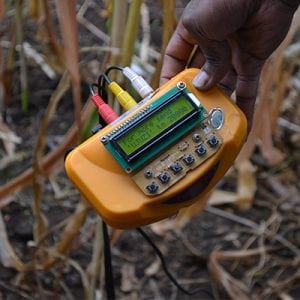
Agriculture
January 20, 2025
Implemented by
UjuziKilimo Solutions

Agriculture
June 11, 2024
Implemented by
Ignitia
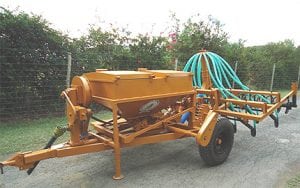
Agriculture
February 5, 2024
Implemented by
Ndume Kenya Limited
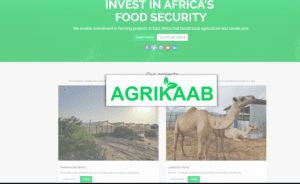
Agriculture
May 31, 2024
Implemented by
Mohamed M. Jimale
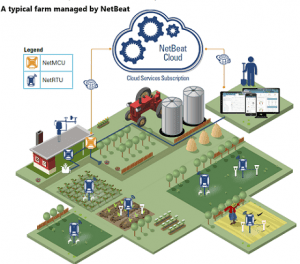
Agriculture
June 11, 2024
Implemented by
Netafim
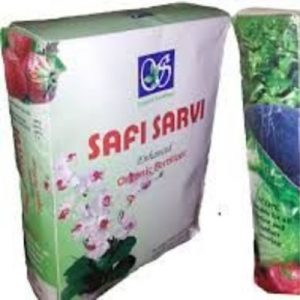
Agriculture
February 7, 2024
Implemented by
Safi Organics
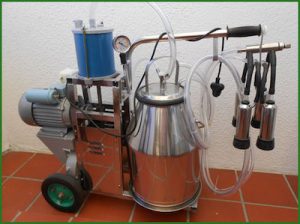
Agriculture
February 16, 2024
Implemented by
Dairy Dynamics
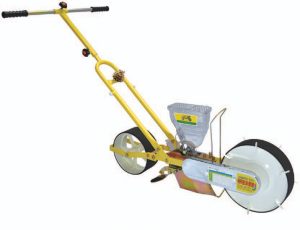
Agriculture
February 21, 2024
Implemented by
Jang Automation Co. Ltd.
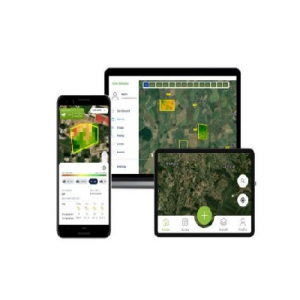
Agriculture
June 27, 2024
Implemented by
Seed Innovation Pvt. limited (Nepal)
Have thoughts on how we can improve?
Give Us Feedback